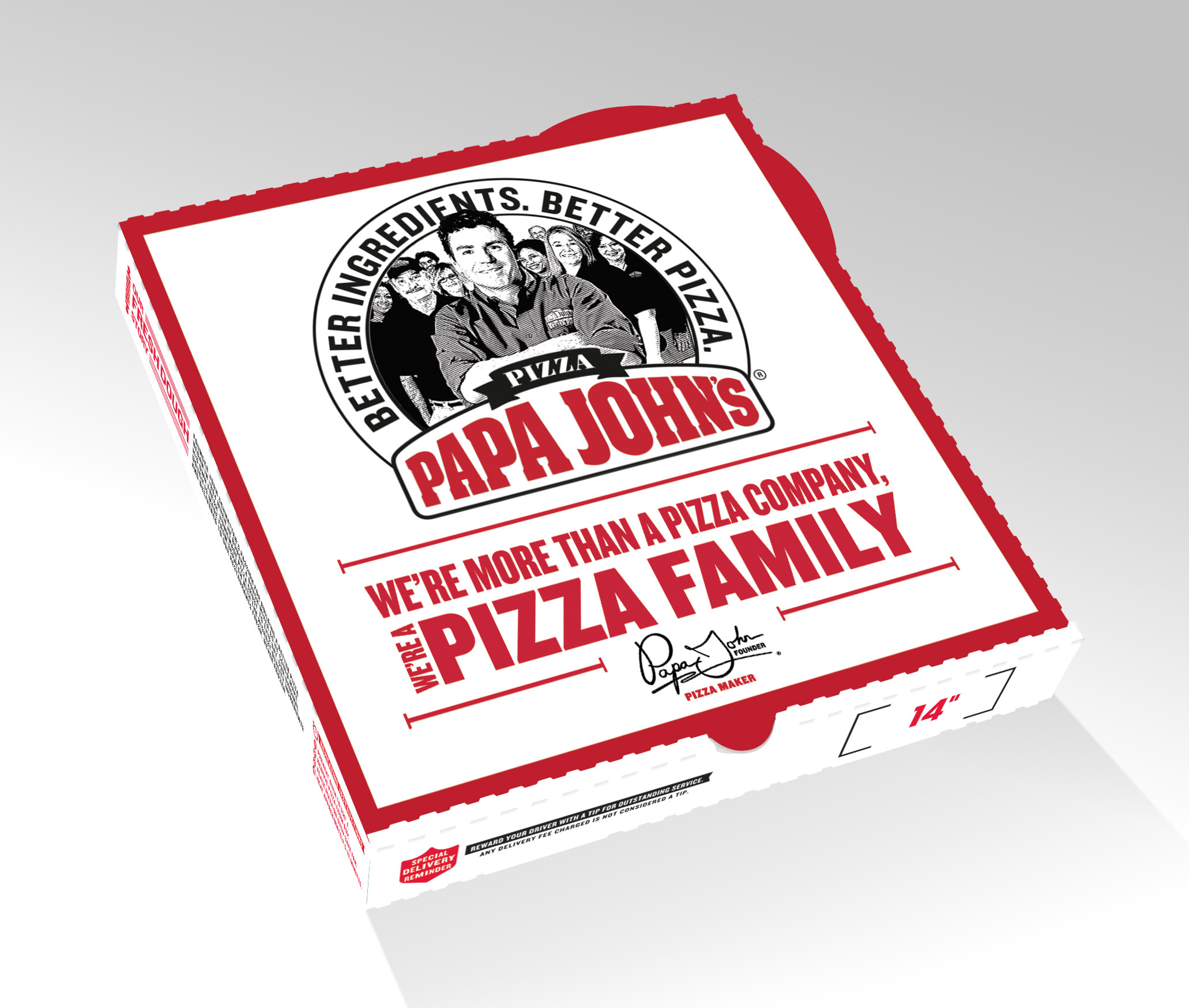Airline CEOs Defend Seat Size
/American and Delta Airlines CEOs sit in small plane seats to explain the rationale and defend shrinking seat sizes. Doug Parker and Ed Bastian, both 6' 3" tall, agreed to talk to a WSJ writer, while United CEO Oscar Munoz declined.
Both CEOs say they fly coach for short trips. Bastian started a policy that Delta directors must fly coach when traveling less than three hours. Of course, as the article points out, suffering three hours in a small seat isn't quite the same as 24.
The executives say that flight amenities, such as WiFi, make up for any discomfort from smaller seats. American's Parker says that customers don't complain and that the airline hasn't "done anything that makes the main cabin product less desirable than it was before." The airlines are also focused on providing larger seats for higher fares.
Another WSJ article explains what airlines consider when making seats comfortable.
Discussion:
- How does this story illustrate character dimensions such as compassion, vulnerability, and humility?
- Did the CEOs do the right thing by agreeing to participate in the article? What are the risks and benefits?
- Why would United CEO Oscar Munoz decline? Was this the right decision for him and the airline?
- What persuasion tactics do the CEOs use to convince us that flying coach is not so bad?
- Do you agree with the CEOs' assessments about small seats? What has been your experience?




















